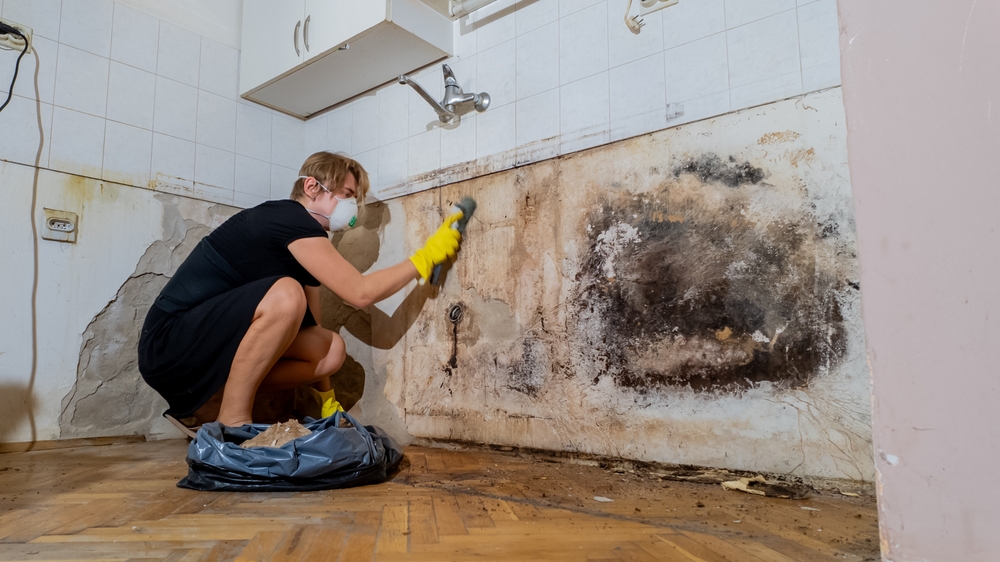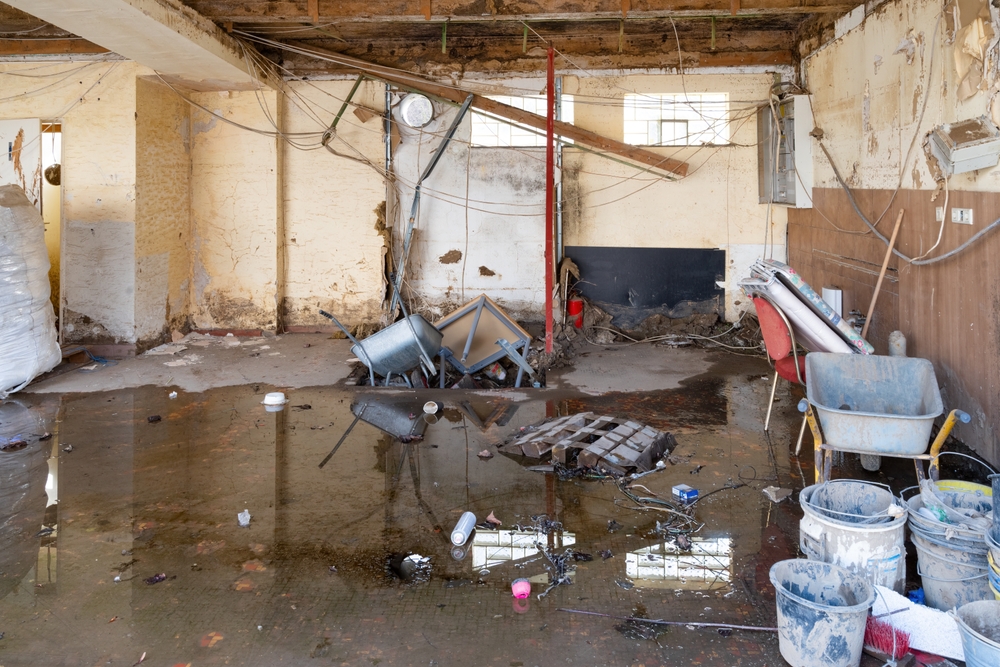Unanticipated as it may be, water damage can seriously affect your house and create complications. Water can destroy your property, cause health risks, and result in costly repairs regardless of the size of the leak—small or significant flood. Knowing how to manage water damage is thus quite crucial. This tutorial will clarify what water damage is, how to repair your house, and what actions you might take to stop such damage in the future.
Understanding Water Damage
What is Water Damage?
Water damage results from water invading areas of your house where it shouldn’t be. There are several ways this could occur, from a leaky roof to a broken pipe to perhaps a flood. Water can harm your walls, flooring, furniture, and more when it enters locations it shouldn’t be in.
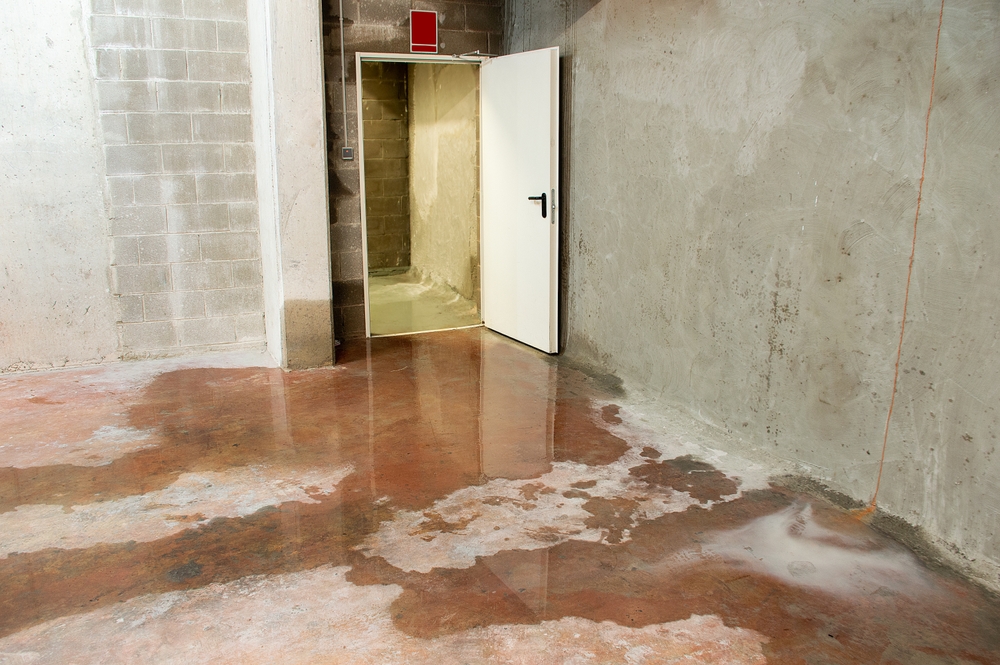
Common Causes of Water Damage
Among the several causes of water damage are:
- Plumbing Issues: Occasionally pipes break or faucets leak. Water can so spread rapidly.
- Natural Disasters: Natural disasters include heavy rain, floods, and melting snow can cause enough of water to flood your house.
- Appliance Malfunctions: Appliances that break down and leak water could include washing machines or water heaters.
- Structural Issues: Leaky roof or foundation of your house could let water in.
Categories of Water Damage
Not all water damage is exactly the same. One should be aware of the several forms:
- Category 1: Clean Water: Like a broken pipe, this water originates from a pristine source. If the area is small, cleaning oneself is safe.
- Category 2: Grey Water: Grey water is rather contaminated. It could emanate from your dishwasher or washing machine. It must be carefully cleaned as drinking it is dangerous.
- Category 3: Black Water: Black water, is quite contaminated and could cause illness. It would originate from a sewage backup or a flood. You never should try to do this yourself.
The Water Damage Restoration Process
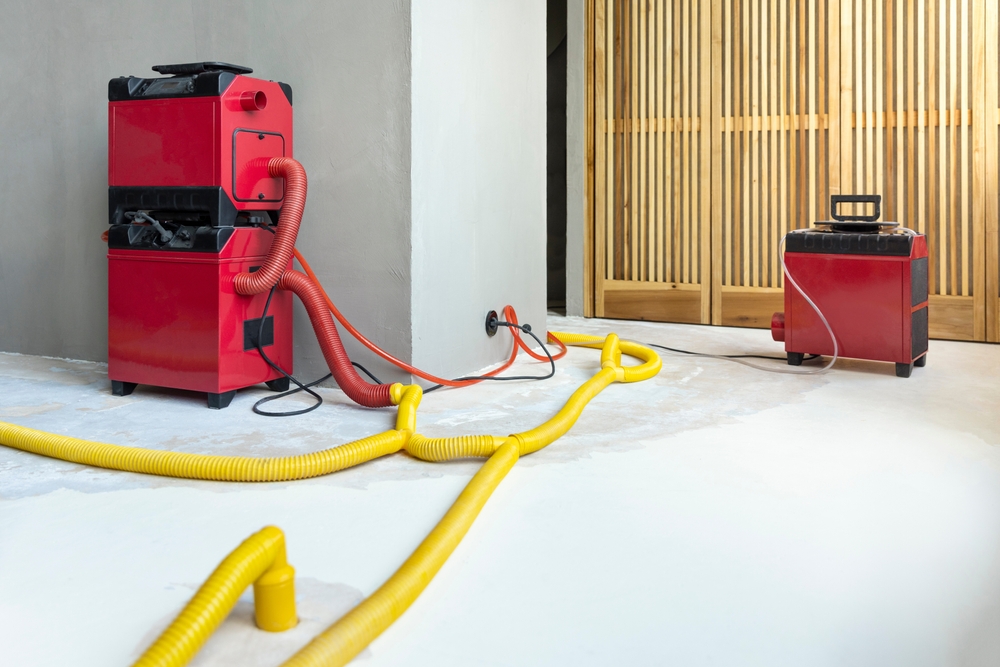
Step 1: Inspection and Assessment
Having an expert assess your house comes first in addressing water damage. They will assess the degree of damage and deduce the type of water responsible. This guides their choice of approach for problem correction.
Step 2: Water Extraction
Removing the water comes next once the damage is evaluated. Professionals speed out the water using specialized tools including vacuums and pumps. Water removal speeds affect the extent of damage it can inflict.
Step 3: Drying and Dehumidification
The area has to be dried out once the water runs off. Air movers and dehumidifiers help eliminate any residual moisture by means of which this is accomplished. Ensuring everything is dry helps to stop mold from developing.
Step 4: Cleaning and Sanitizing
Cleaning and sanitizing the space comes first once everything is dry. The kind of water damage determines the cleaning approach. Professionals kill any germs or bacteria and eliminate any unpleasant smells using particular treatments.
Step 5: Restoration and Repairs
Fixing everything that was broken comes last. This can call for rebuilding portions of your house, repainting, or even drywall replacement. Using materials resistant to water will help to stop future damage.
The Risks of Untreated Water Damage
Structural Damage
If water damage isn’t repaired, it can cause major damage to your home’s structure. Over time, water can undermine walls, floors, and even the foundation of your house. This can lead to costly repairs or, in the worst situation, make your home dangerous to live in.
Mold Growth
One of the biggest concerns of untreated water damage is mold. Mold loves damp spaces and can start growing within 24-48 hours after water damage. Not only may mold harm your property, but it can also create health concerns like allergies and respiratory disorders.
Electrical Hazards
Water and electricity don’t mix. If water enters into your electrical system, it can present significant problems. It’s crucial to have an electrician evaluate your property if there’s a potential that water has gotten into touch with electrical wiring.
Health and Safety Risks
Standing water can carry dangerous germs and other pathogens. This is especially true for black water, which can come from sources like sewage. Exposure to contaminated water can make you very sick, therefore it’s vital to address water damage properly.
DIY Water Damage Restoration: Pros and Cons
When DIY is Possible
Sometimes, especially in cases of a little leak from a clean water source, you can manage water damage personally. You may assist the space dry out with simple items including a wet/dry vacuum and fans. Still, you have to move fast to stop more damage.
When to Call a Professional
See a professional for more significant or extensive water damage. If you are dealing with black water or major structural damage, you want professionals with the correct tools and knowledge to safely address the matter.
Benefits of Hiring Certified Water Damage Restoration Professionals
Certified experts can guarantee that your house is returned to its former state, all the water is eliminated, and everything is adequately dry. They can assist with insurance claims and also try to stop future harm.
Preventing Future Water Damage
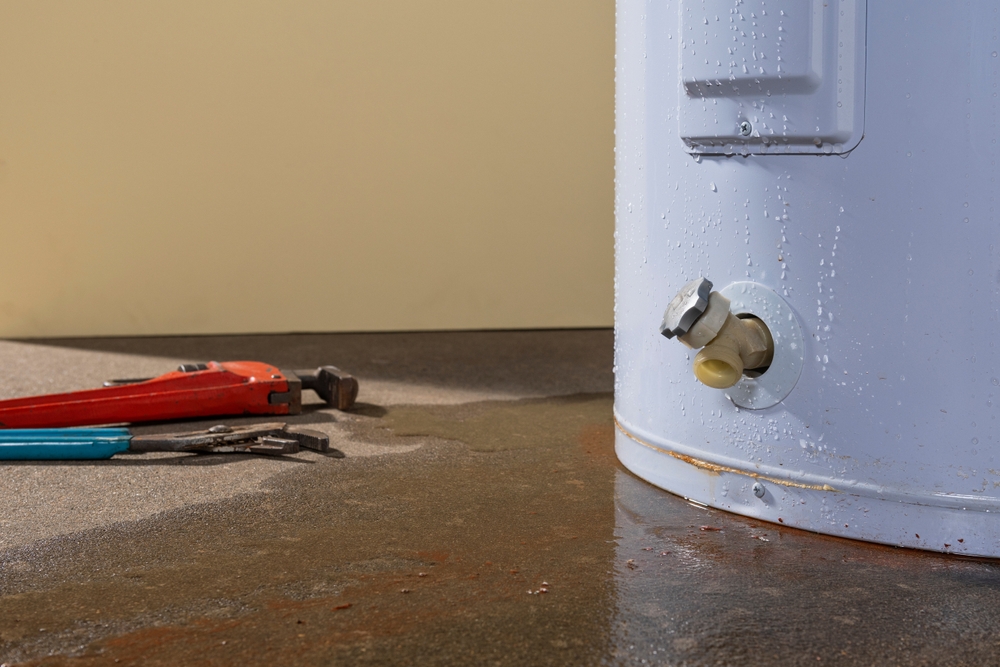
Routine Maintenance Tips
Preventing water damage begins with routine maintenance. Included here are:
- Checking Your Plumbing: Examining pipes and faucets routinely helps you find leaks in your plumbing.
- Sealing Roof Leaks: Making sure your roof is in good shape can help you to immediately address any leaks.
- Monitoring Humidity: Monitoring humidity in your house will help you to decide whether or not to run dehumidifiers.
Home Improvement Strategies
Additionally you can modify your house to stop water damage by:
- Installing Sump Pumps: During heavy rain, installing sump pumps can assist clear water from your basement.
- Upgrading to Water-Resistant Materials: : Use insulation and waterproof flooring to lessen damage should water find its way in.
- Landscaping Tips: Make sure your yard runs away from your house so water won’t pool around the foundation.
Emergency Preparedness
One should be ready for calamities. Make plans for what to do should your house flood. Store critical items and paperwork in waterproof containers; also, be fast in contacting a restoration business.
Understanding Insurance and Water Damage Claims
Does Homeowners Insurance Cover Water Damage?
The cause will determine whether your insurance covers water damage. Usually included are sudden problems like a burst pipe; progressive problems might not be. Generally speaking, flood damage calls for separate flood insurance.
How to File a Water Damage Claim
If you have water damage, snap pictures and videos of it right away. To start the claims procedure, then, get in touch with your insurance company. By offering thorough studies and estimates, professional repair firms may often assist with this.
Common Challenges in Claiming Water Damage
Claims occasionally are refused or paid just partially. You should know your insurance and how to challenge a refused claim. Know also any restrictions or exclusions from your coverage.
Choosing the Right Water Damage Restoration Company
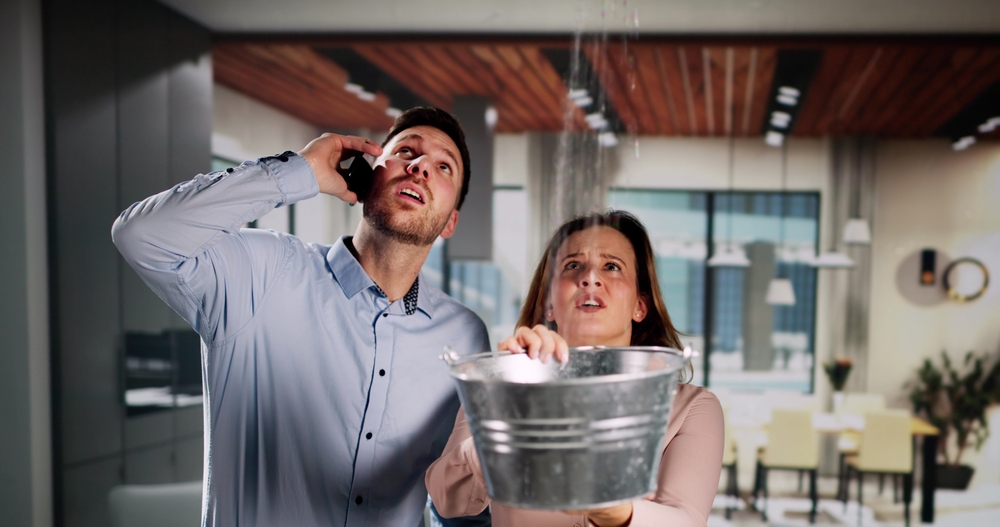
Key Qualities to Look For
Search for experience, credentials, and licenses when selecting a restoration firm. Additionally crucial is choosing a business with good client evaluations and 24/7 emergency services.
Questions to Ask Potential Companies
Find out from a company’s process, length of time required, and assurances what you should expect when you choose them. Additionally you should ask about the tools and methods they apply as well as whether they help with insurance claims.
Why Choose Philadelphia Restoration Services?
Philadelphia Restoration Services provides a spectrum of services meant to assist with water damage recovery. They have great dedication to client satisfaction and apply cutting-edge technologies. Having years of expertise, they can rapidly and effectively manage any water damage problem.
Conclusion
Though it might be a major issue, water damage can be properly managed with the correct knowledge and tools. Understanding the hazards, learning how to repair your house, and acting to stop future damage can help you to safeguard your belongings and keep your family safe. When in doubt, always consult experts to make sure your house is safely livable and correctly restored.
Philadelphia Restoration Services
https://www.google.com/maps?cid=3399342399556699153
+1 267 668 0013
https://philadelphiarestorationservices.com/

